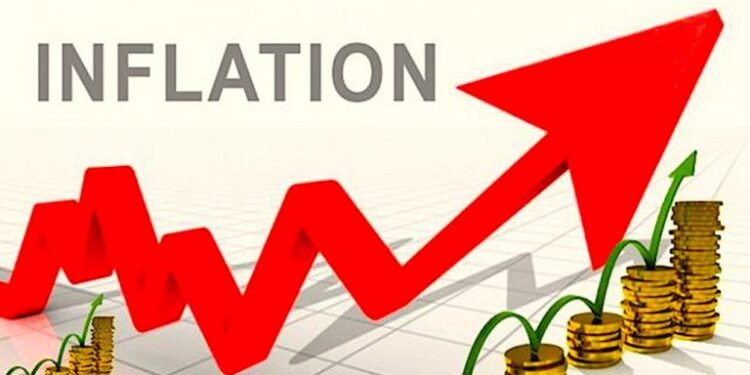The Office for National Statistics (ONS) reported Wednesday that the annual Consumer Prices Index (CPI) reached 2.6%, up from 2.3% in October. On a monthly basis, CPI increased by 0.1% in November, contrasting with a 0.2% decline in the same month last year.
Transport was the largest contributor to the monthly rise in inflation, according to the ONS. Core CPI, which excludes volatile items like energy, food, alcohol, and tobacco, also rose to 3.5% in November from 3.3% in October.
Finance Minister Rachel Reeves acknowledged the strain on households, saying, “I know families are still struggling with the cost of living, and today’s figures are a reminder that for too long, the economy has not worked for working people.”
The increase in inflation comes as a setback for the Labour government, which has faced challenges in stimulating economic growth since taking office in July.
Paul Dales, chief UK economist at Capital Economics, noted that the inflation rebound “could have been worse” but, alongside stronger-than-expected wage growth reported earlier in the week, leaves the BoE unlikely to announce another interest rate cut at its Thursday meeting.
The central bank had reduced its key interest rate by 25 basis points to 4.75% in November, following a similar cut in August from a 16-year high of 5.25%. However, the latest inflation data dampens hopes for further reductions in borrowing costs.
The BoE’s decision on Thursday will be closely watched as families and businesses continue to navigate high living costs amid economic uncertainty.
























